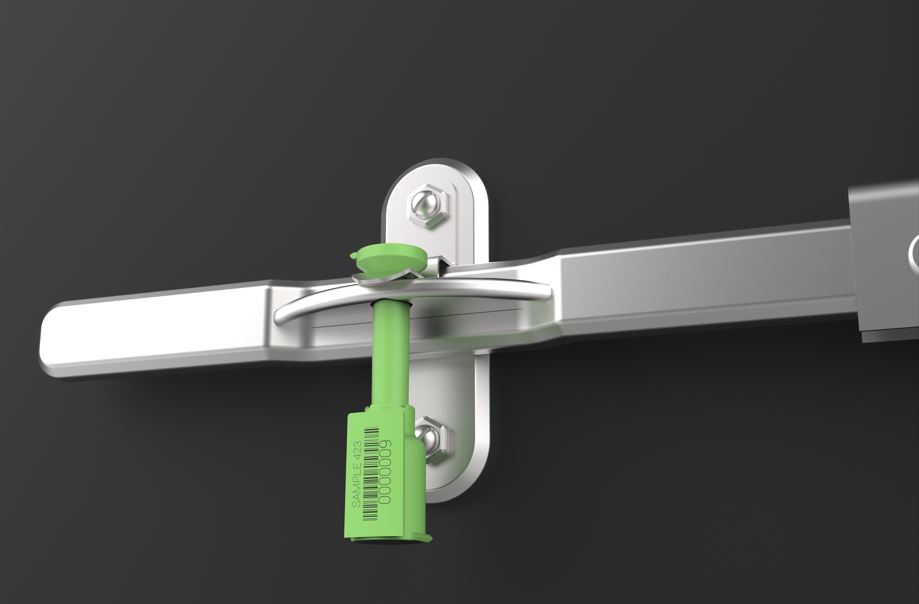Container Seals: Ensuring Security and Integrity in Global Trade
Container seals are small, often overlooked devices that play a critical role in the global supply chain. These seals are affixed to shipping containers to ensure the contents remain untouched and secure during transport. Though simple in design, they provide a vital layer of security, safeguarding goods from tampering, theft, and contamination.
Importance of Container Seals
The primary purpose of container seals is to maintain the integrity of the cargo from the point of origin to its final destination. In international trade, where containers may change hands multiple times, seals act as a deterrent against unauthorized access. If a seal is broken or missing upon arrival, it immediately raises a red flag, indicating possible tampering or theft. This mechanism is crucial for protecting high-value goods and ensuring compliance with regulatory standards.

Types of Container Seals
There are several types of container seals, each designed for specific levels of security and ease of use:
- Bolt Seals: These are robust and durable, often used for high-security applications. They consist of a steel bolt and a locking mechanism that requires a tool to remove, making them difficult to tamper with.
- Cable Seals: Featuring a steel cable and a locking device, cable seals offer flexibility and are commonly used for securing bulkier or irregularly shaped cargo. They can be adjusted to fit different container sizes and are also tamper-evident.
- Plastic Seals: These are cost-effective and widely used for lower-security needs. Plastic seals are typically self-locking and provide a visual indication if tampered with. They are suitable for short-distance transport or less valuable cargo.
Regulatory and Industry Standards
To ensure uniformity and security, container seals must comply with various international standards. The International Organization for Standardization (ISO) sets guidelines, such as ISO 17712, which categorizes seals based on their physical strength and security features. Customs authorities in many countries require the use of ISO-certified seals for import and export, helping to streamline inspections and reduce the risk of smuggling.
Benefits of Using Container Seals
- Enhanced Security: By preventing unauthorized access, seals protect goods from theft and tampering, reducing financial losses and insurance claims.
- Supply Chain Integrity: Seals help maintain the integrity of the supply chain, ensuring that products reach their destination in the same condition they were shipped.
- Regulatory Compliance: Compliance with international standards and regulations is facilitated by using certified seals, helping businesses avoid legal issues and delays at customs.
- Cost Savings: By deterring theft and damage, seals can result in significant cost savings for businesses, reducing the need for additional security measures and loss recovery.

Conclusion
Container seals are a small but vital component in the logistics and transportation industry. Their role in securing cargo, maintaining supply chain integrity, and ensuring regulatory compliance cannot be overstated. As global trade continues to expand, the importance of reliable and effective container seals will only increase, underscoring their essential contribution to the safety and efficiency of international commerce.

